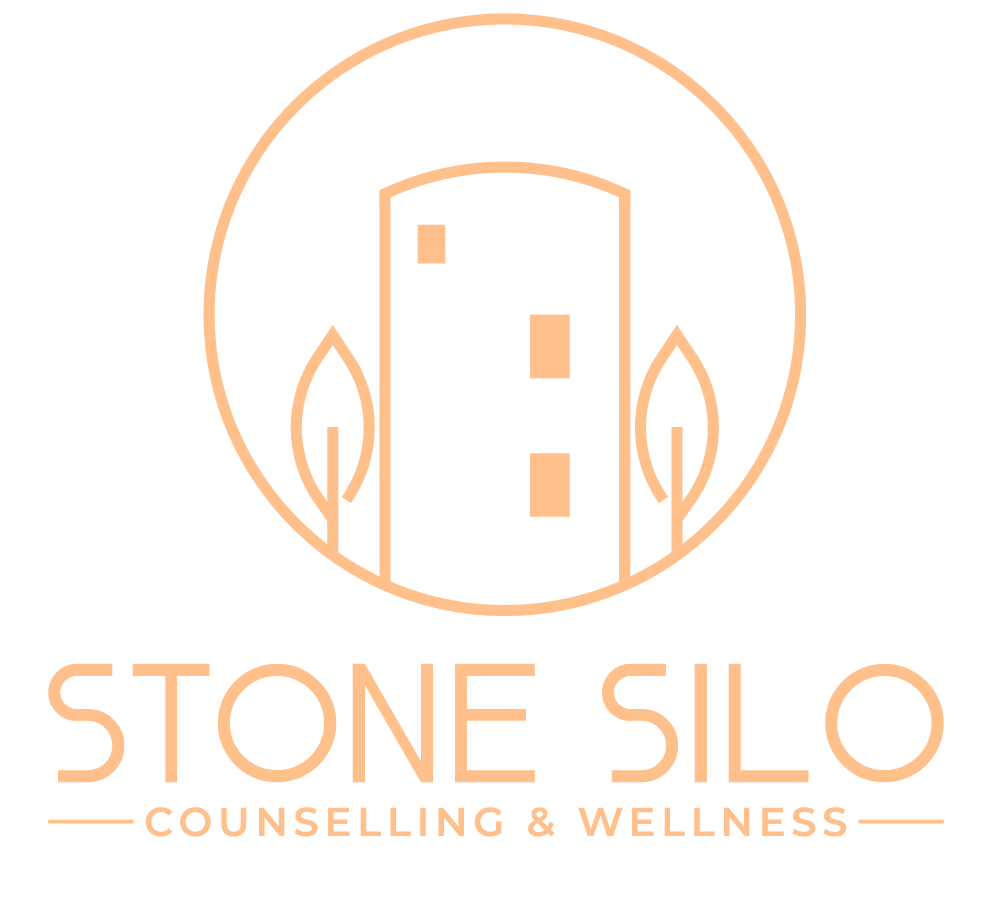Have you ever stopped and thought about your mental health? Some people think about it daily and some never think about it at all. For some taking steps to improve their mental health can be a challenge while for others it can be less of a concern. Some people struggle in silence, afraid to reach out. No matter how you handle your own personal mental health, knowing what it is and how to help those who are struggling is important.
Mental health is an unavoidable part of our daily lives. It’s important to remember that mental health is something we all have. Much like our physical health, it is something that doesn’t look the same for everybody. A large stigma surrounds mental health. Together, we’ll learn what mental health stigma is. How can we promote mental health awareness? How can we make a difference?
The Ugly Truth About Mental Health Stigma
Mental health is an important part of our well-being. Unfortunately, it’s still a topic that is not discussed in many communities. Many people feel ashamed or embarrassed to talk about their mental health because of the stigma surrounding it. But what exactly is mental health stigma?
Mental health stigma is when people hold negative attitudes or beliefs toward those who have poor mental health. Many people contribute to these stigmas without even realizing it. It can be in the form of judgment or unfair treatment, and it can prevent individuals from seeking the help they need. The stigma around mental health is conveyed in fear, misunderstanding, and cultural beliefs. This makes it difficult for individuals to seek help or to even talk about their mental health.
The stigmas surrounding mental health can have severe impacts on anyone. Feeling ashamed, isolated, and discriminated against is common for individuals struggling with mental health. Individuals with depression are often told to “cheer up” or to “snap out of it.” This makes them feel guilty for something beyond their control. People with anxiety disorders often feel “weak” or “overdramatic.” This comes from the feeling of judgment caused by the stigma. Leading to feelings of invalidation and discouragement from seeking help.
Stigma can also lead to more systemic forms of discrimination, even in professional environments. It is important to remember that mental health conditions can improve, like physical health conditions. The belief that mental health conditions only affect certain groups of people is another stigma. Mental illness is something that can happen to anyone.
Simple Ways to Make a Big Impact
It is crazy how little people know about mental health. One way to make a difference is to promote mental health awareness. Learning about mental health and its impact on individuals and society is a great place to start. Talking about our own experiences can help others to do the same. Learning how to spot signs of mental health conditions can help us know what to do when we see them. You can leave a big impact on someone by just talking about their mental health and sharing resources.
Mental health awareness campaigns do a great job of promoting mental wellness and spreading awareness. Bell Let’s Talk has helped over 5 million Canadians get the help they need. By discussing topics like this in public spaces, we can all do our part to break down the barriers around mental health support. Something simple like sharing resources on social media can help someone find help and make a difference.
Taking Action Against The Stigma
A good start to taking action is to use positive language when speaking about mental health! Advocating for policy change that improves mental health services can educate and create change. Start advocating by getting involved with the policies in your local government. We should all make an effort to learn about mental illness and understand the reality and need for treatment.
Rejecting negative stereotypes and language surrounding mental health is a simple way to show support in your everyday life. For example, don’t call someone “crazy.” Instead, think about how you would want to be treated in their situation. Mental health stigma is a real problem that can affect anyone. It can stop people from seeking help and can make it hard to talk about our mental health.
If someone you know is struggling with mental health, don’t hesitate to refer them to one of the many resources available, or encourage them to seek therapy, support groups, and hotlines. If someone reaches out to you, remember that they want to be healthy. But you don’t have to be qualified to help.
We can all make a difference by promoting mental health awareness and taking action against stigma. Remember, mental health is something we all have and it’s nothing to be ashamed of. If you’re struggling, don’t hesitate to reach out for help. You deserve to feel mentally healthy and happy. If you need help breaking down those barriers and start talking openly and honestly about mental health or are ready to take control of your wellness then contact Stone Silo today.
Stone Silo creates an inviting, judgment-free environment for you to explore your mental health and set attainable goals. Everyone deserves a chance to be mentally healthy. Self-care is an important first step toward getting the professional help you need—and our team is here to support you every step of the way. Whether you’re looking for counselling services in Waterloo or compassionate Listowel mental health services, we offer personalized care tailored to your needs.
Asking for help is a sign of strength, not weakness. Book an appointment with our dedicated team of professional and certified therapists in Waterloo and Listowel today.


